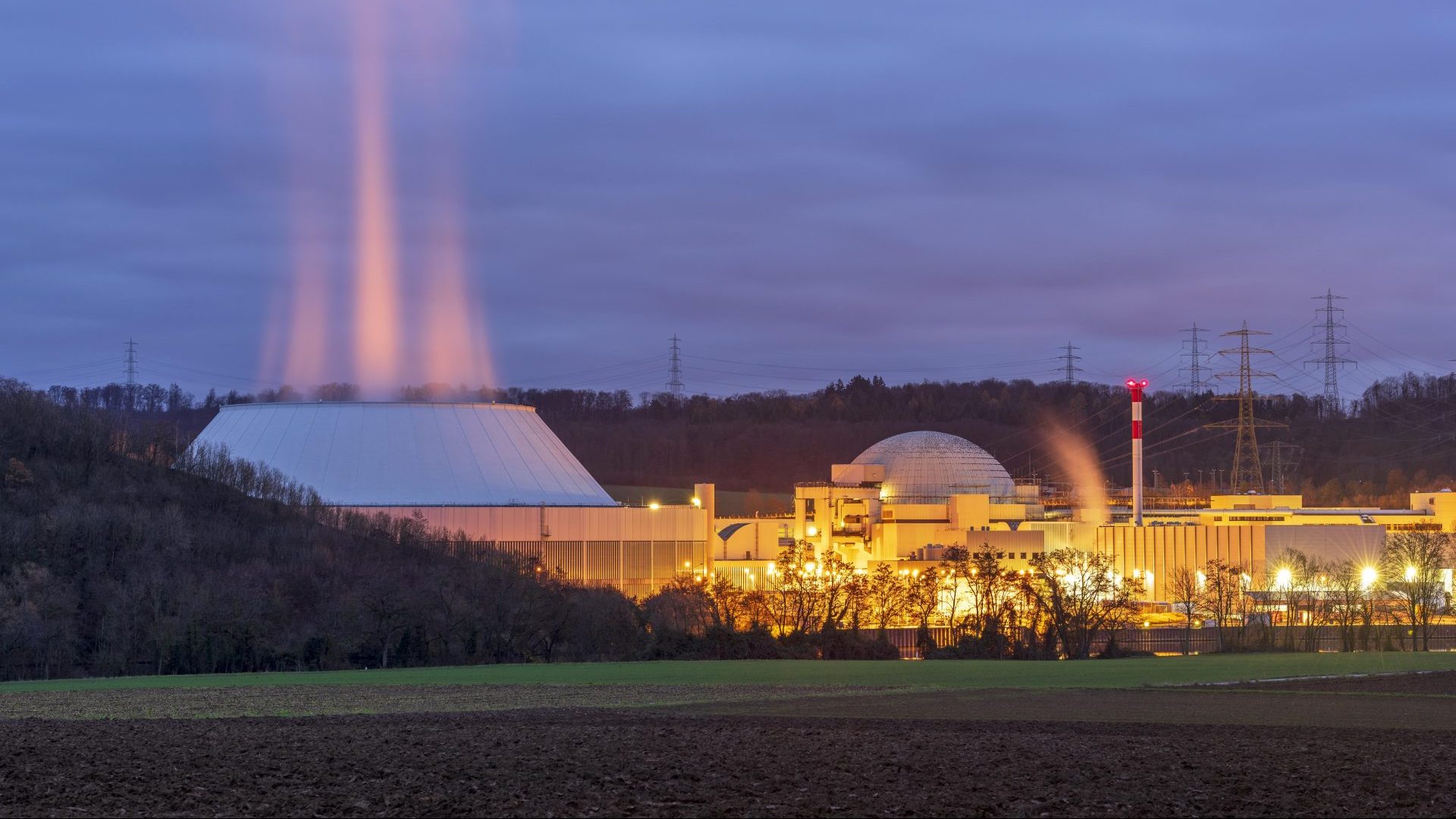Over the holidays I picked up Nudge – The Final Edition by Nobel prize winner Richard Thaler and his colleague Cass Sunstein, a version they revised during the pandemic.
I haven’t got far yet (the Swiss Alps do an even better job nudging me to spend time with them than the authors), but it is a fun and fascinating book on behavioural economics.
Apparently, most of humanity misbehaves economically, across borders, because our brains share a couple of biases.
Take the availability bias: research shows that we overestimate the risk of, let’s say, a nuclear accident after well-publicised information on incidents such as Fukushima. According to Thaler and Sunstein, “such misconceptions can affect policy, because some governments will allocate their resources in a way that fits with people’s fears rather than in response to the most likely danger.”
One such government was German.
A short recap: In November 2010, Chancellor Merkel’s coalition extended the life-span contracts for nuclear power plants. By spring 2011 – thanks to Fukushima-influenced polls and a state election coming up in Baden-Württemberg – her government suddenly opted for “Nuxit”: by the end of 2022 all nuclear power plants will pull the plug. Seventeen down, three to go. Atomkraft, nein danke!
It’s a bizarre situation: Inhabitants of border-town Aachen have been given potassium iodine tablets for free only a few years ago, as officials saw an imminent danger in ramshackle Belgian nuclear power plant Thiange, 70km away. Thiange will not shut down before 2025. By then, moss will grow on younger and high-safety German Atomkraftwerke.
You may argue Nuxit is still the right choice because it stops ever more radiating waste piling up (in six decades of nuclear energy usage we are yet to find an ultimate disposal zone). And you will be cheered by members of the Anti-Atomkraft-movement, who since the 1980s proudly bear “Nuclear Power, No Thanks” stickers on their crackling (high-emission) VW vans.
Economically and environmentally, however, the timing for this energy shift is irresponsible, ludicrous even. Germany has the EU’s highest carbon emission rate (about the size of French and British emissions combined). The EU Commission is considering labeling nuclear energy as climate-friendly under their Green Deal legislation, but we’ll stop producing it, relying on fossil sources such as coal and gas. German coal-fired power plants will only be shut down after nuclear ones, but too soon for renewable energy sources to cope with the growing demand.
The government plan: Two percent of German onshore-territory shall be dedicated to wind-power. But thanks to German bureaucracy, our complicated federal system and the tenacity of birdlovers (who use all legal means to protect the red kite from being shredded by wind turbines) it is highly unlikely this goal will be achieved before our lights go out.
Looking at the stats, even optimists turn into doomsday preppers: In the first half of 2021 coal (27%) was Germany’s biggest energy source. The share was larger than before, because 2021 wasn’t as windy as 2020. German engineers may work wonders – but even they can’t engineer the weather.
Meanwhile, private households in Germany already pay the highest electricity prices in the world: 29p per kWh, compared to 20p in the UK and 16p in la Nation Nucléaire (a.k.a. France). Shutting down fully functional nuclear plants while investing tax payers’ money in renewables will be even more costly.
Should you have wondered why the German government (old and new) sticks to the Nordstream 2 pipeline despite massive criticism from the US and EU countries, it’s because we will need a lot of Russian gas, and soon.
Rebooting nuclear isn’t an option – our nuclear scientists work as CEOs for soon-to-be-built Finnish nuclear reactors, and German energy corporations have no interest in nuclear anymore, arguing in favour of renewables. They claim off-shore wind power will be half as costly as for instance Hinkley Point (where the British government guarantees the French state-owned company EdF a purchase price of £92 per MWh for the next 35 years).
And consulting firms like McKinsey optimistically point to more than 20% of wind energy patents and a quarter of European Climate-Tech-Start-ups coming from Germany.
The necessity of having to make energy transformation work, and fast, is pushing innovation. And luckily, should we fail, we can at least claim moral high ground and rely on France … with their 56 nuclear power plants, up and (mostly) running.




